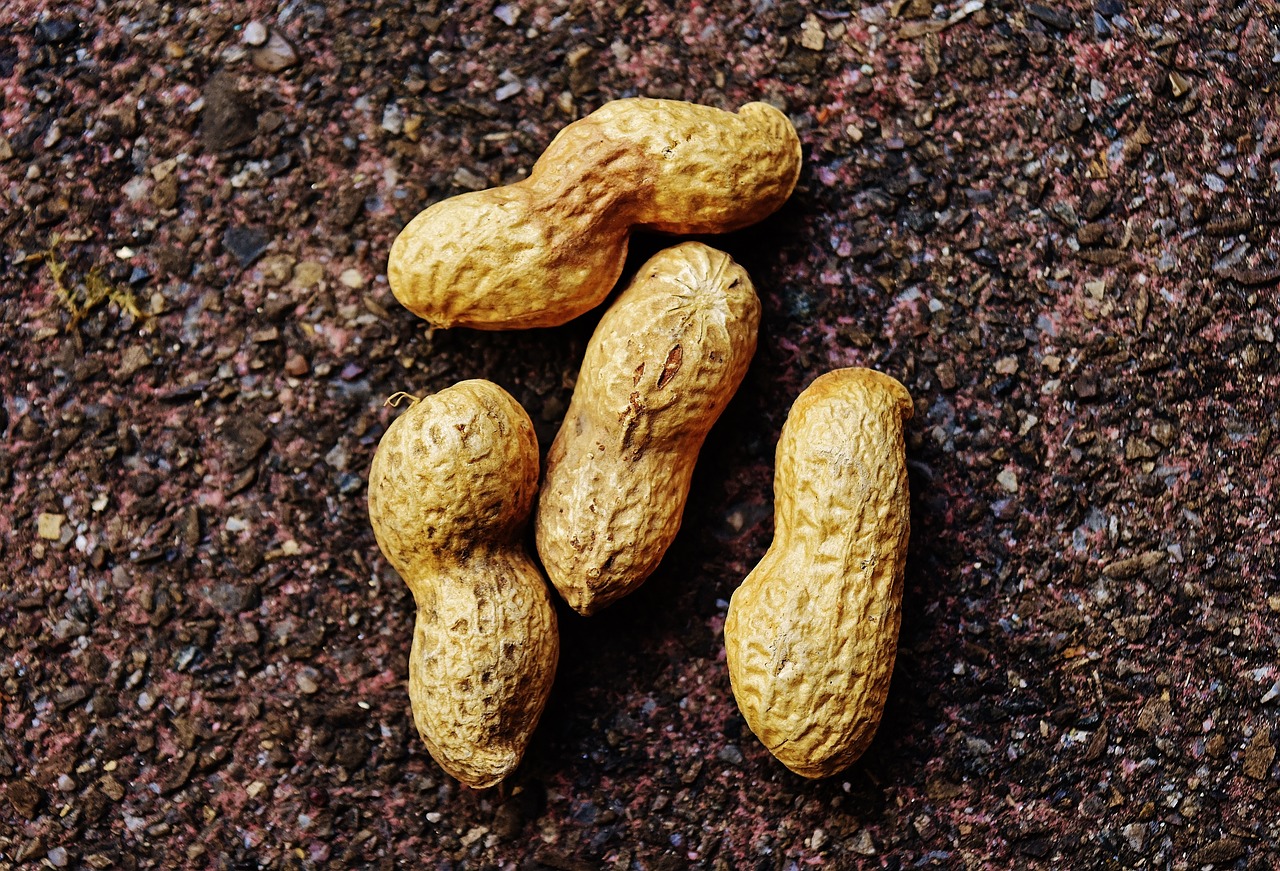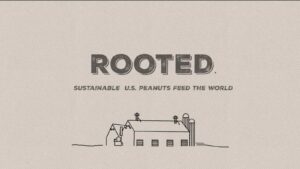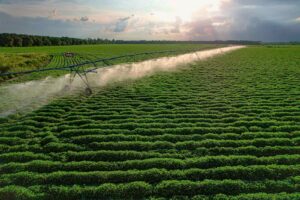By Dan Ward
When someone asks what sustainability means to me, I pull out my phone and show them a photo of my two-year-old granddaughter, Blakely. In 20 to 25 years, I want Blakely to have the choice of becoming the ninth generation of our family to carry on our farm. For that to happen, I must stop and think about every operating decision I make and ask if what I’m doing today will help her make that decision. Critically, I must make sure our farm is productive and profitable so that if she decides to farm, there’s a farm for her to come back to.
For peanut growers to be productive and profitable we need to increase demand for peanuts, and in our current market one of the biggest drivers for demand is quickly becoming sustainability. As manufacturers increasingly must meet consumer, investor, and regulatory demands for sustainable farming practices, we are going to have to prove and document peanut sustainability.
We are already seeing this come to play in peanut export markets as our trading partners are progressively having sustainability expectations. Our competitors are hard at work documenting and demonstrating their peanut sustainability. It would be a sad situation for the U.S. to have an over-supply problem with growers having to accept lower contracts, all because foreign competitors have proven their sustainability, thus meeting those market demands.
Sustainability is not going anywhere. It’s only going to become more critical with each passing year. Currently, growers are in control and can help shape the process. But if we don’t voluntarily act now, the peanut industry could instead easily become a victim of onerous regulations and lost market share, which we’ve seen happen to other agriculture commodities.




